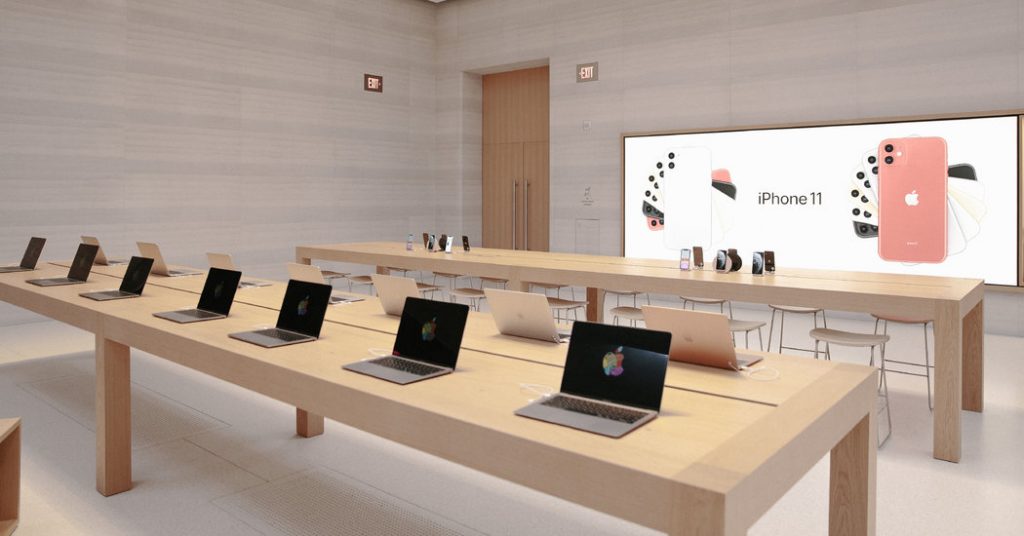Apple’s move would be a symbolic blow to Intel, particularly when civilian and military officials are concerned over the weakening of American leadership in chip manufacturing, which they regard as crucial to the country’s ability to retain an edge over China. Legislation introduced in Congress last week, with rare bipartisan agreement, would funnel tens of billions of dollars to bolstering U.S. research and manufacturing in semiconductors.
Intel has long been a U.S. standard-bearer in the semiconductor business, particularly in the complex manufacturing processes that turn silicon wafers into the chips that power computers, smartphones, cars and consumer devices.
The move’s financial impact on Intel would be muted, at least in the short term. Intel sells Apple about $3.4 billion in chips for Macs each year, according to C.J. Muse, an Evercore analyst. That is less than 5 percent of Intel’s annual sales, and Mr. Muse forecast that the blow would be closer to half that since Apple might change the chips on only some Mac models. Apple sells nearly 20 million Macs a year.
“That’s not chicken feed, but it’s compared to total PCs sold of about 260 million” a year, said Tim Bajarin, an analyst who has tracked Apple for nearly 40 years. Intel supplies the chips for just about every PC.
But the long-term effects could still be serious for Intel. The chipmaker’s lofty profit margins have long been linked to its track record of delivering the most powerful computing engines on the market, particularly for laptops and computer servers. But Intel has never done well selling chips for newer tech products like smartphones and tablets.
Apple’s last chip transition for Macs, in 2005, was viewed as a major step in the long-term comeback orchestrated by Steve Jobs, one of the company’s founders, as well as a big victory for Intel. Macs had long relied on a design, called PowerPC, that was a collaboration among Apple, Motorola and IBM. But Mr. Jobs bet that Intel could provide much faster performance.
That selling point has been undermined by troubling news from Intel’s huge factories. Much of the company’s success in computers stems from its history of packing more transistors on each square of silicon, which allows the chips to keep carrying out more computing tasks at a lower cost.

